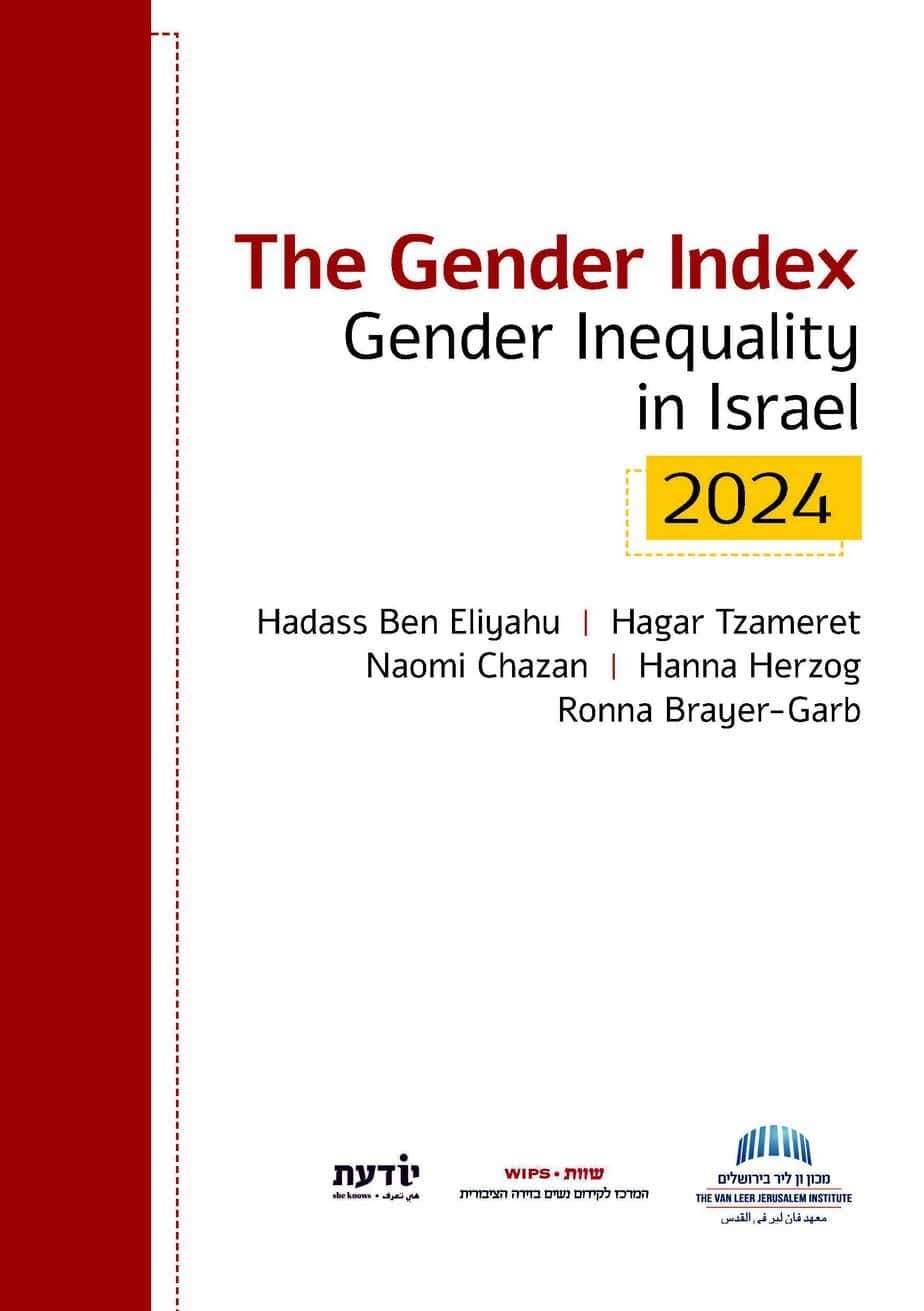In between Home and the Streets
Lack of Housing Security in Israel
| By | Shlomit Benyamin |
| Publisher | Van Leer Institute Press & Hakibbutz Hameuchad |
| Language | Hebrew |
| Year of Publication | 2021 |
| Series | Theory in Context Series |
The number of people in Israel suffering housing insecurity has increased in recent years. Some are street dwellers, and some are hidden homeless – people who have no permanent and safe place to live. Who then are to be considered homeless? Only those who live on the street, or also those who are about to be evicted or who live with relatives and friends? Can women suffering from domestic violence and whose place of residence is not safe be considered homeless? And how shall we define Bedouins living in villages unrecognized by the state whose homes are repeatedly destroyed? There are additional questions touching on the construction of this phenomenon based on the assumption that defining the problem determines how it is perceived and contended with: Who has the power to define the problem? Is this a personal issue or a social problem that has cultural, national, and political aspects? What is the nature of the struggle to define the phenomenon and to determine its boundaries?
These questions lie at the heart of Shlomit Benyamin’s book In between Home and the Streets: Lack of Housing Security in Israel. The author presents a critical analysis of the history and sociology of the definition of homelessness and housing insecurity in Israel since the 1990s. While doing so she traces the political dimension of the construction of the problem at the institutional level, which involves sorting groups of those with housing insecurity into separate categories. This construction, she argues, does not allow a full understanding of the phenomenon; that requires new ways of thinking. Inter alia, the book shows that observation of the phenomenon from the perspective of those who are harmed by it leads to a different story, which challenges the institutional definitions and changes their boundaries.




